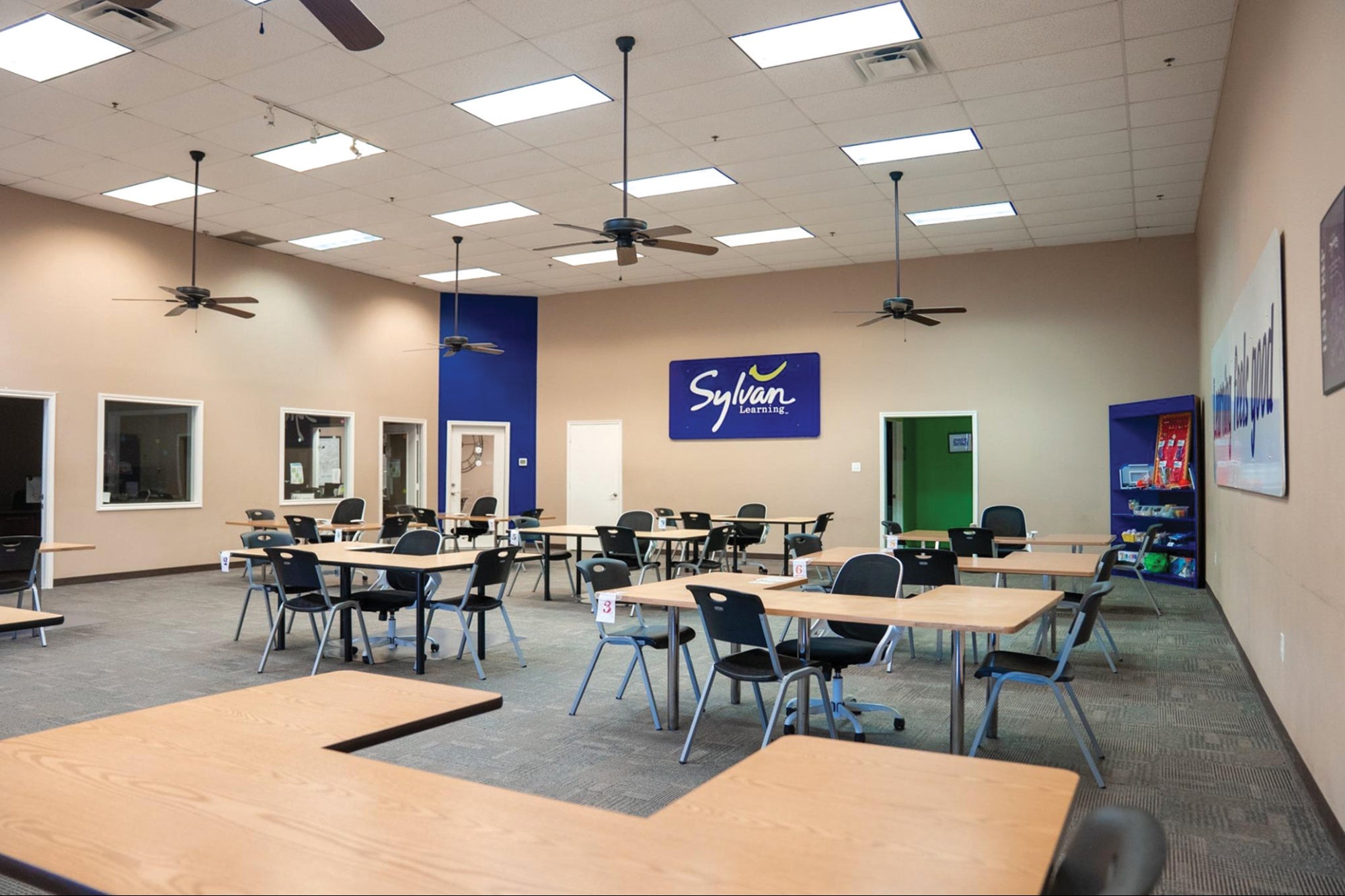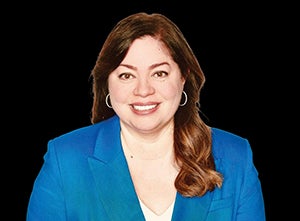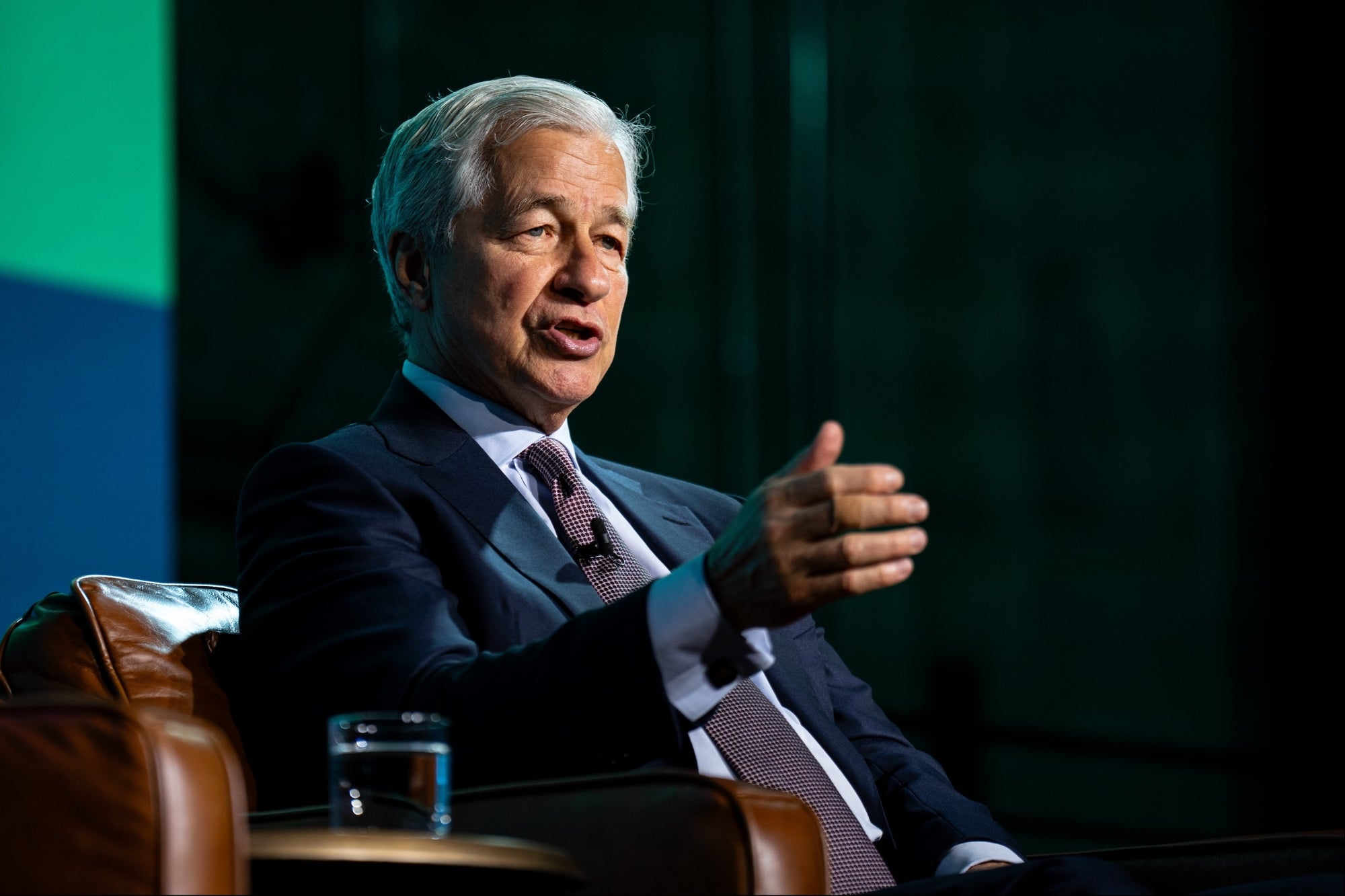How This First-Gen College Grad Went From Franchisee to Brand President: 'I've Been in the Trenches' Susan Valverde built thriving franchises in economically disadvantaged areas. Now she's leading other franchisees to success.
By Carl Stoffers Edited by Frances Dodds
This story appears in the July 2025 issue of BIZ Experiences. Subscribe »

Susan Valverde is the brand president of Sylvan Learning, a tutoring and test prep center franchise. She describes her career as "a series of fortunate but very unexpected turns."
Valverde was born in northern Mexico, immigrated to the U.S. as a child in the early 1980s, and learned BIZ Experiencesship from her parents, who built a trucking business in Mississippi. She became the first college graduate in her family, then worked in banking and economic development — until her career changed in an unforeseen way.
 It happened in the year 2000, when Valverde's husband needed to take a professional exam. He did it at a Sylvan Learning franchise location near their south Texas home. While her husband took his test, Valverde observed the center in action. "It just struck a chord," she recalls. "I saw kids running in after a long day of school. I've been that kid who needed extra support when I was learning English."
It happened in the year 2000, when Valverde's husband needed to take a professional exam. He did it at a Sylvan Learning franchise location near their south Texas home. While her husband took his test, Valverde observed the center in action. "It just struck a chord," she recalls. "I saw kids running in after a long day of school. I've been that kid who needed extra support when I was learning English."
She saw opportunity. Within weeks, she became a franchisee — and went on to build multiple successful units, which she sold in 2016 in order to join the Sylvan leadership team. She then rose from vice president to chief franchise operations officer — and finally, in 2024, she became president. Here, she shares how her time in the trenches helped define her vision.
Related: This Founder's 'Favorite' Interview Question Only Has 1 Right Answer
Your territories in south Texas were some of the most economically disadvantaged areas in the country, yet they were consistently top performers. What were some challenges you faced in that environment?
I hesitate to call them challenges, because I find that areas with limited resources are very resourceful. But there were definite barriers we had to overcome. For instance, all of our marketing messaging was in English, so we had to roll up our sleeves and translate. Luckily, we're all bilingual.
What were some initiatives you put in place specific to your clientele?
We created a mobile model so that we could take our tutoring to schools, because in Texas there are some rural pockets that are hard to reach. The other thing that we pioneered in my market is partnering with low-income schools — we applied for federal grants, state grants, and foundation grants. We were able to secure scholarships for low-income families and children who would not have been able to access our services.
Is there something about the franchise model that you find particularly effective?
It's locally owned and operated. To these people that I was trying to partner with, I wasn't just a vendor. These are folks I run into at the grocery store. We live in the same community. So there's a level of accountability, acceptance, and true partnership that a corporate-owned business cannot reach.
What was the most challenging part of transitioning from franchisee to corporate leadership?
It required a complete shift in perspective. As a franchisee, I had a very localized scope and saw a direct impact; if I needed to grow, it was within my hands to do that. But if you're wearing the corporate hat, you're presenting something that's hopefully compelling, that people will embrace and execute. But you can't do it for them.
How has your background as a franchisee influenced you as an executive and a leader?
Because I've been in the trenches and understand the sacrifices that a franchisee goes through, that a small business owner goes through, I filter all my decisions through that lens.
Is there an overarching business philosophy that has enabled you to be successful?
What I believe — and this goes for my whole team — is that success is about impact. If we're seeing students grow, then school districts, communities, and families will embrace what we do. So if we believe in what we're doing and we do a really great job, we're winning because of the impact. Then the revenue follows — not the other way around.












